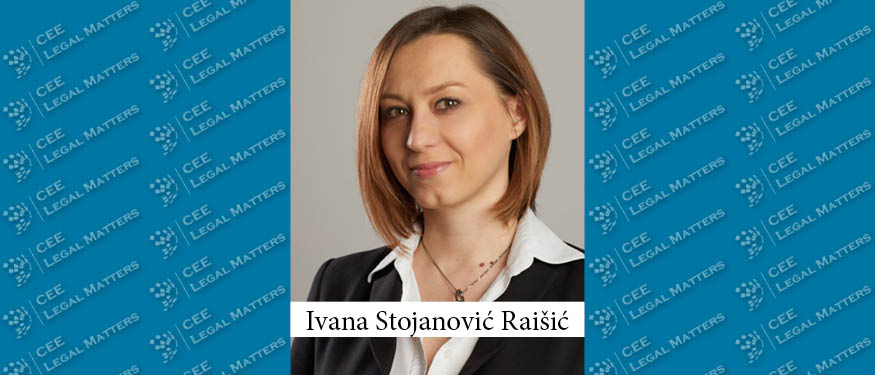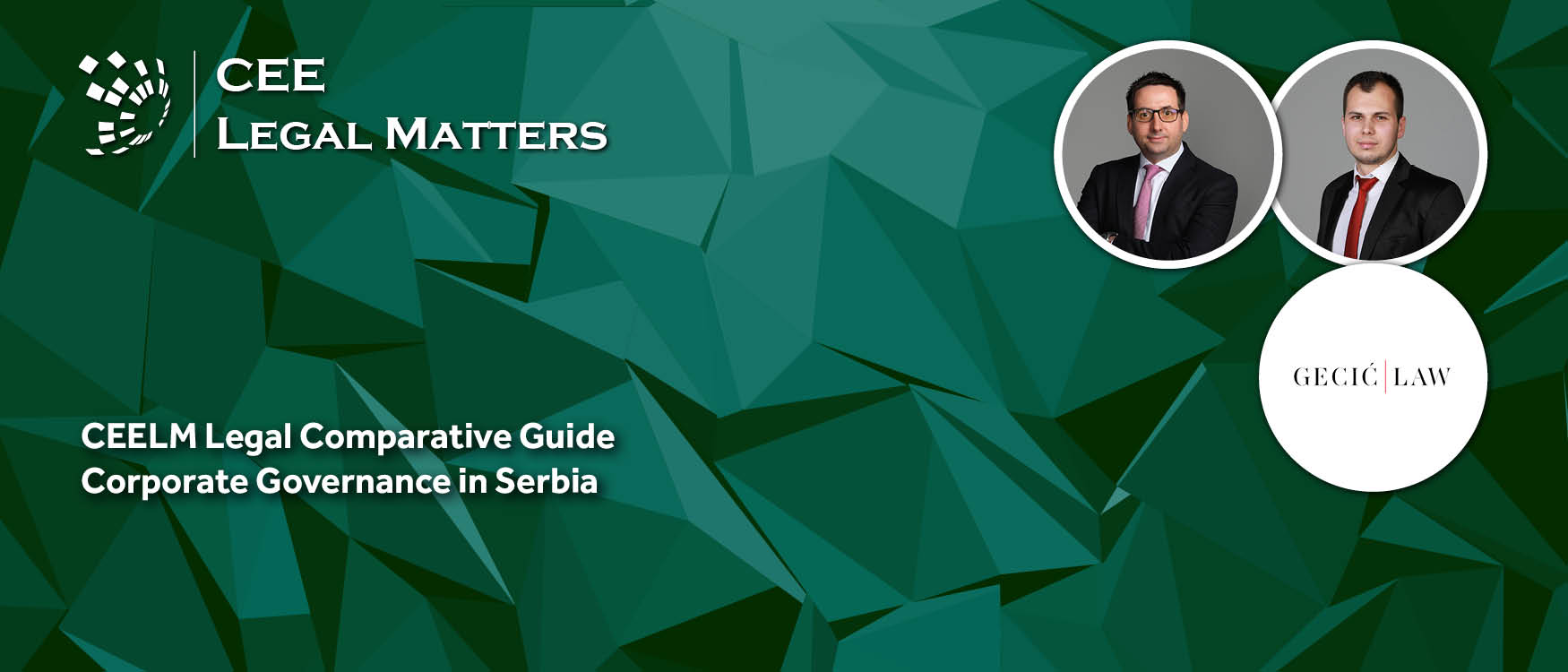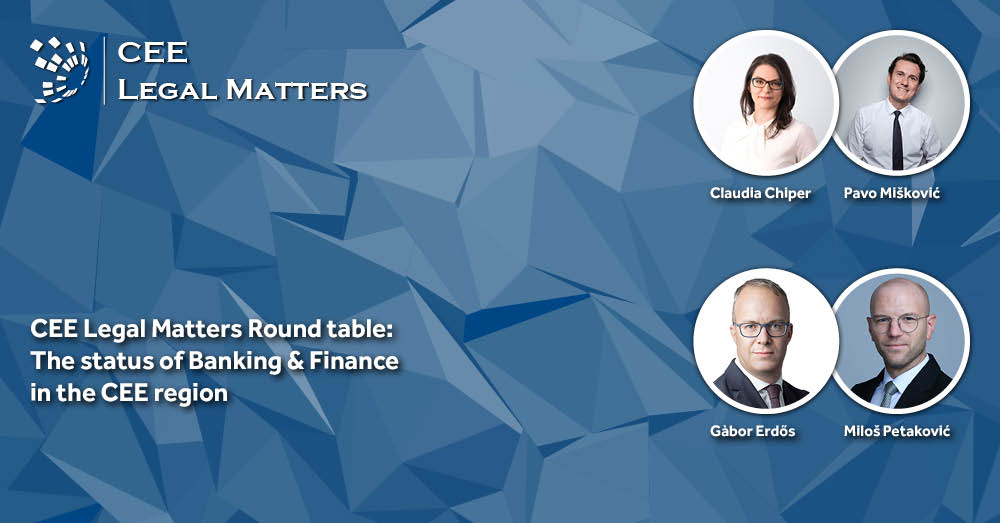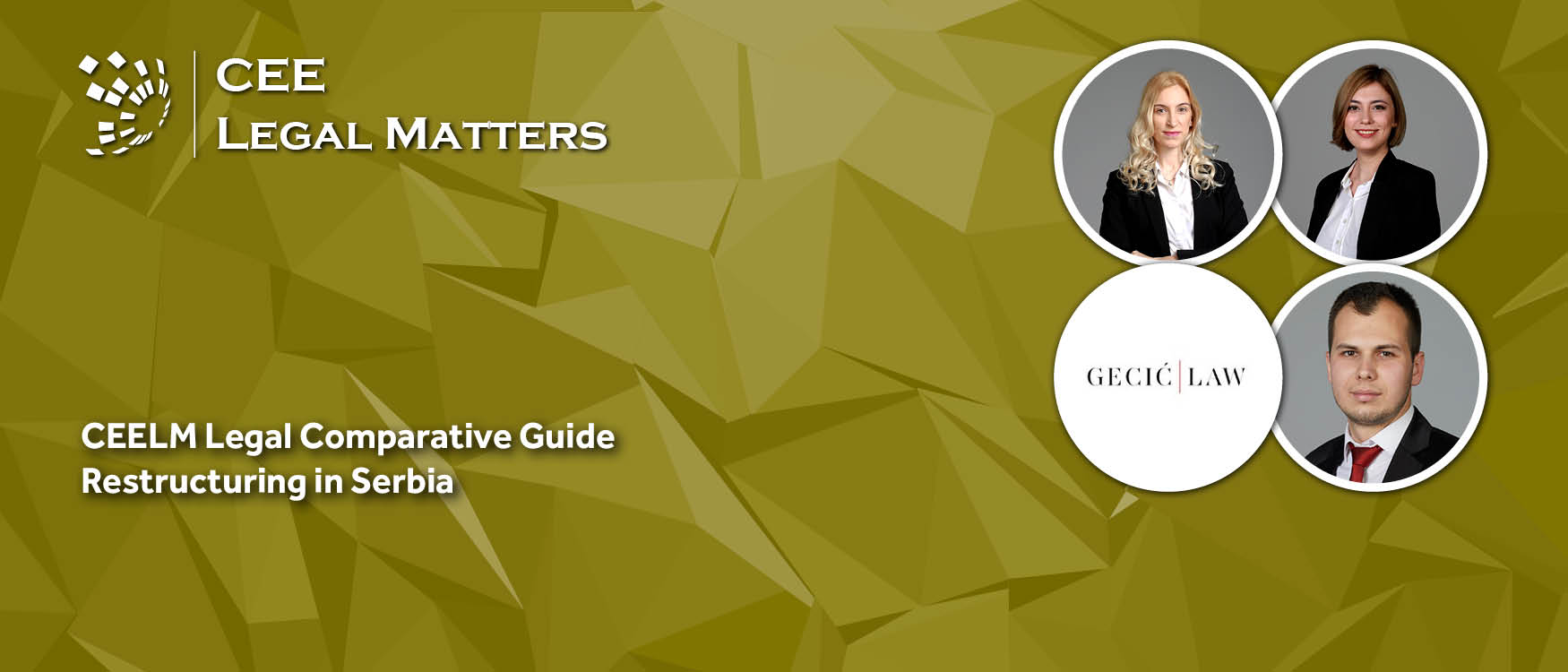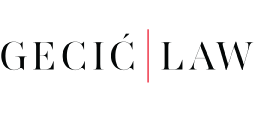The Foreign Subsidies Regulation (FSR), one of the EU’s latest state aid instruments, entered into force on January 12, 2023. Now, after six months, it starts to apply. This regulation establishes rules to govern foreign subsidies that could distort the EU’s internal market. It empowers the European Commission (“Commission”) to investigate financial contributions provided by non-EU countries to companies operating in the EU. If these contributions are found to be distortive subsidies, the Commission can enforce corrective measures to remedy these effects.
Enhancing Cross-border Cooperation: A Proposed Regulation to Strengthen Data Protection Enforcement under the GDPR
On July 4, the EU Commission introduced a new Procedural Regulation aimed at enhancing cooperation among data protection authorities (“DPAs“) when enforcing the General Data Protection Regulation (“GDPR“) in cross-border cases.
Data Protection and Dominant Market Positions: Court Ruling Explores Gdpr Compliance
On July 4, 2023, the Court of Justice of the European Union (“CJEU“) pronounced a momentous judgment in Meta Platforms and Others.
The Artificial Intelligence Risk Management Framework
In the latest installment of our series on the risks presented by artificial intelligence (AI), we delve into the risk management framework released by the esteemed American National Institute of Standards and Technology (NIST).
New Block Exemption Regulations and Guidelines on Horizontal Agreements
Starting from July 1, 2023, the newly adopted Horizontal Block Exemption Regulations on Research and Development Agreements (“R&D“) and Specialisation agreements (together “HBERs“) shall take effect in the EU.
Banking & Finance in Serbia
Contributed by Gecic Law.
Corporate Governance in Serbia
Contributed by Gecic Law.
The Status of CEE Banking & Finance: A CEE Legal Matters Round Table
On November 10, four Banking & Finance experts from Croatia, Hungary, Romania, and Serbia sat down for a virtual round table moderated by CEE Legal Matters Managing Editor Radu Cotarcea to discuss banking consolidation, financing availability, the effects of high interest rates, bank capitalization, green financing, the specter of loan restructuring, and the other challenges the sector is facing.
Restructuring Laws and Regulations in Serbia
Contributed by Gecic Law.
Belgrade and Beyond: Top Legal Experts Gather for Serbian Round Table
The Serbian Market
There was some disagreement about the state of the Serbian economy, perhaps based on the report by Tijana Kojovic, Managing Partner of BDK Advokati, that, in Serbia, “it is risky to make economic projections” since the market is not always fully transparent and, as a result, it is not always easy to see trends developing.





